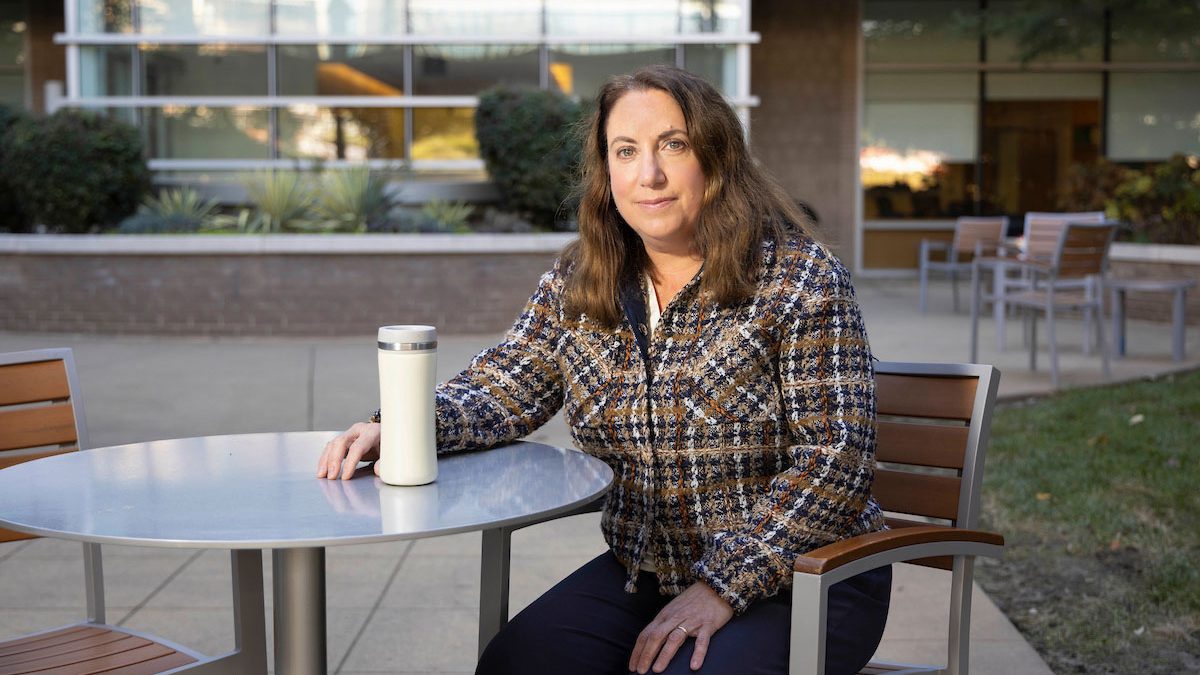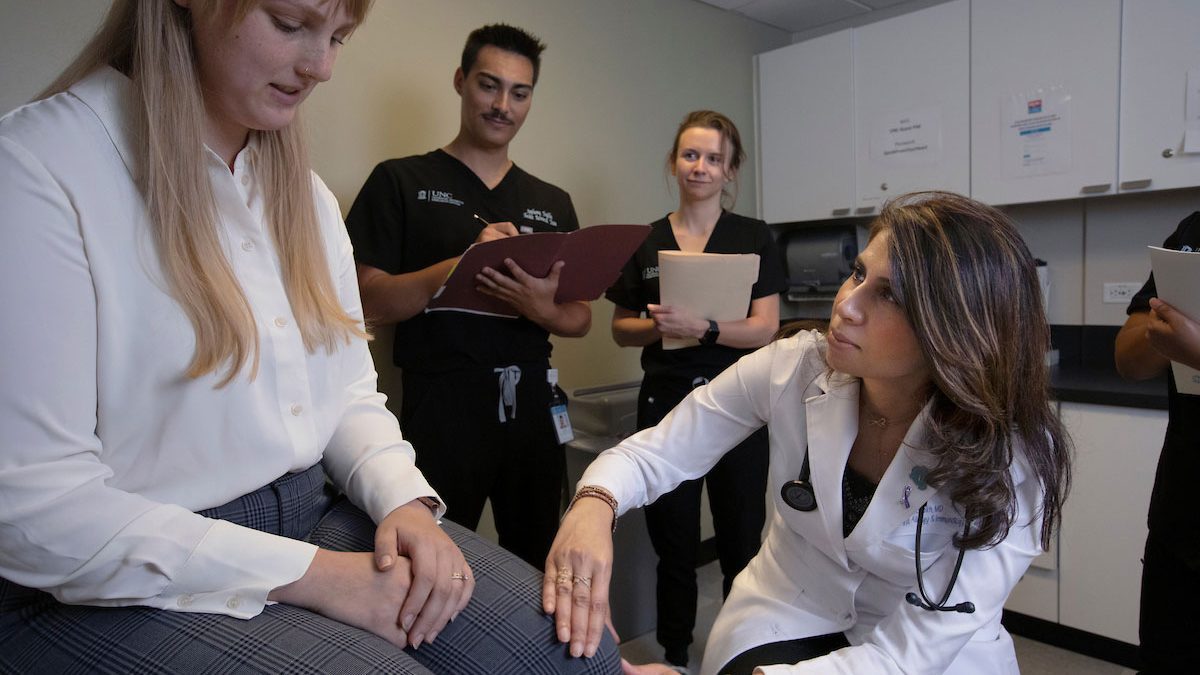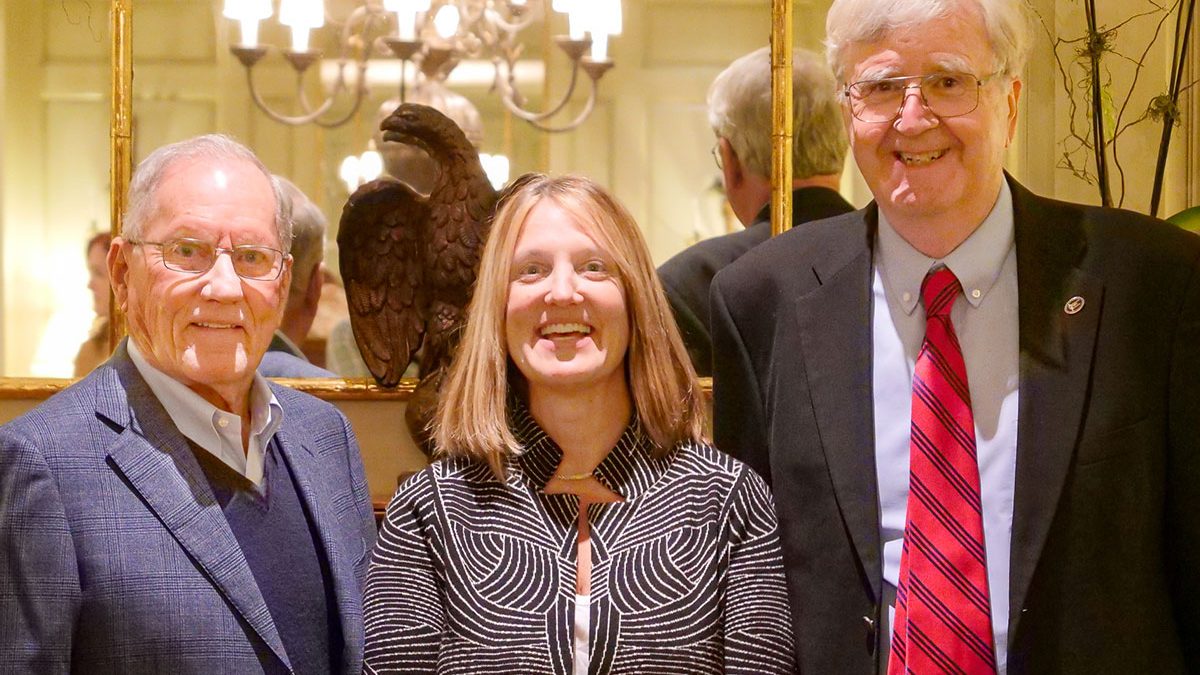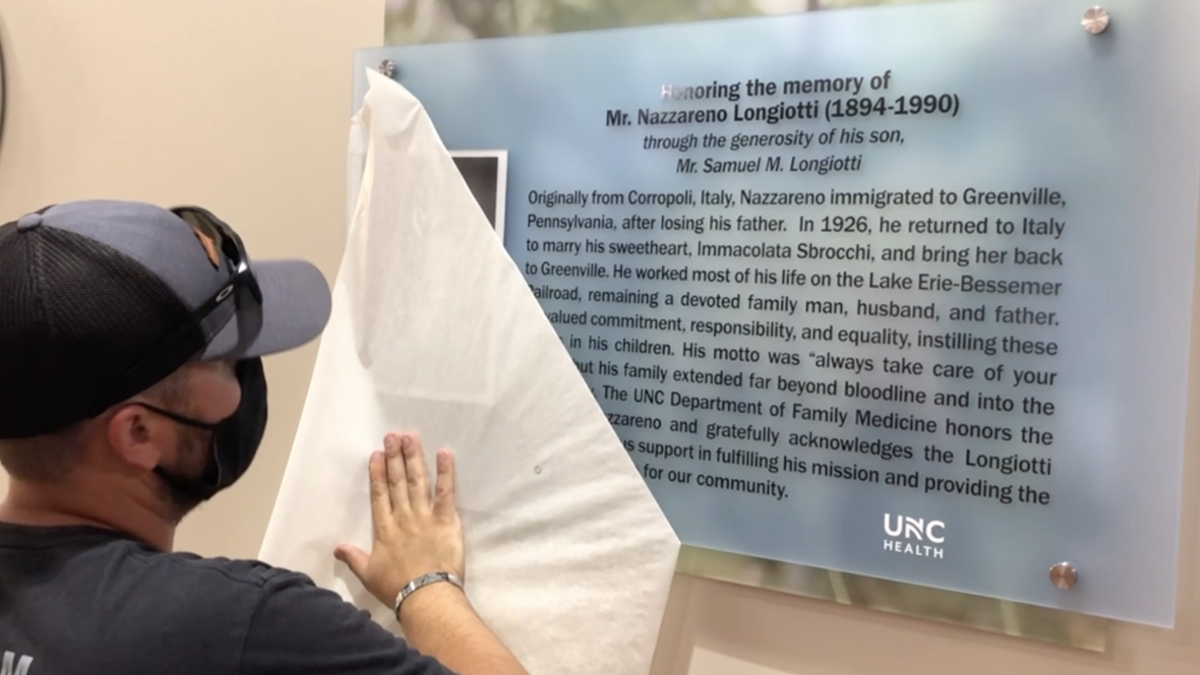Eating Disorders Genetics Initiative: Every Dollar Matters
Published on August 15, 2019“This program literally saved [my daughter’s] life.”
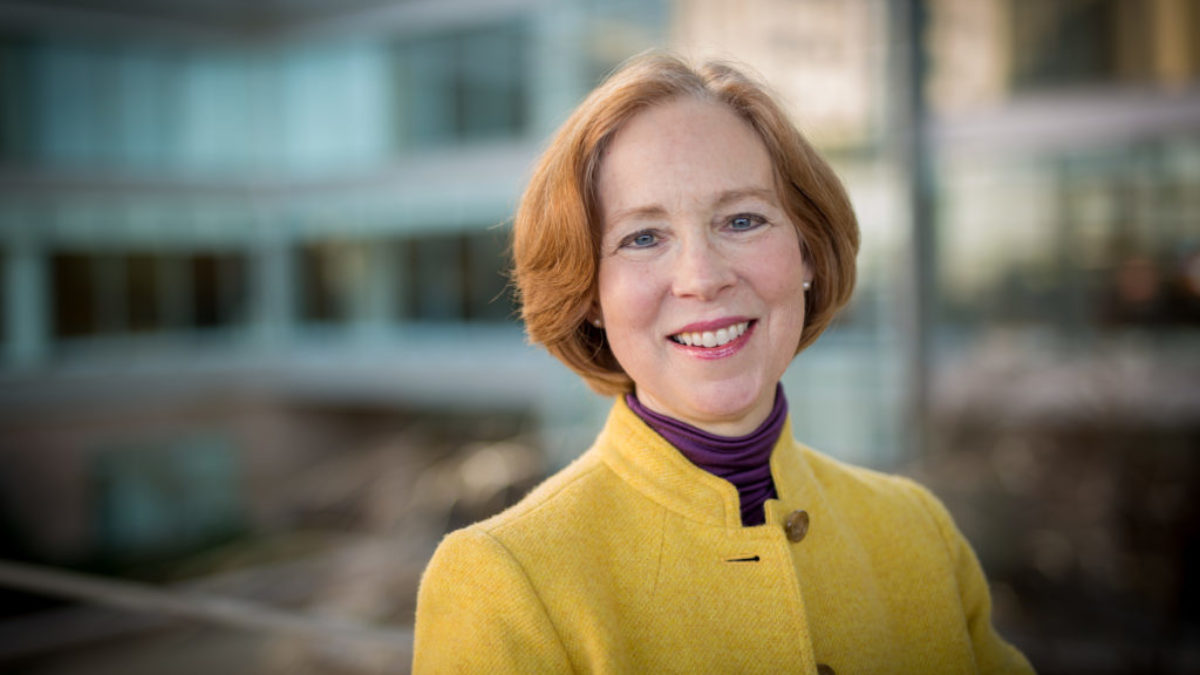
“This program literally saved [my daughter’s] life.”
Dr. Cynthia Bulik, Distinguished Professor of Eating Disorders in the Department of Psychiatry of the School of Medicine at Carolina and Carolina’s leader in EDGI
Terry Batchelor says her daughter, Sumer, then in high school, “was not the typical eating disorder patient.”
“She was very close to dying due to the accelerated weight loss, but after she checked into [the UNC Center of Excellence for Eating Disorders (CEED)], she gained it back just as fast. The staff here was incredible!”
The UNC Center of Excellence for Eating Disorders serves the North Carolina community and is a world leader in treatment, research and training of eating disorders.

Sumer Batchelor
Because of her experience, Sumer chose eating disorders as her topic for a high school project meant to teach students about raising money and awareness. She and her classmates made bracelets that represented eating disorders and sold them for $1 each and handed out information sheets. Sumer used the proceeds to contribute the majority of a $100 gift that she and her mother made to the School of Medicine’s Eating Disorders Genetics Initiative. EDGI is a global effort to collect 100,000 genetic samples that researchers hope will ultimately lead to better therapeutics for anorexia nervosa, bulimia nervosa and binge-eating disorder. Collectively, the there conditions have the highest mortality rate of any psychiatric illness.
“Please know Sumer is doing very well and is going to Appalachian State in the fall,” Terry said. “She graduated magna cum laude and plans to study anthropology with a minor in global studies and language in German. Thank you for everything; this program literally saved her life.”
“It is positively heartwarming to hear that someone who was cared for by the CEED team has found a path to recovery, is growing and excelling, and is fully engaged in life,” says Dr. Cynthia Bulik, Distinguished Professor of Eating Disorders in the Department of Psychiatry of the School of Medicine at Carolina and Carolina’s leader in EDGI. “We at CEED are dogged in our determination to identify both genetic and environmental causes of eating disorders and to use that information to develop more effective treatments, improve outcomes, and eliminate death from these debilitating illnesses.”
With the gift from Sumer and Terry, EDGI can:
- Genotype a participant’s DNA sample;
- Buy seven kits for saliva DNA collection; or
- Buy five Amazon gift cards to show appreciation to participants.
.
